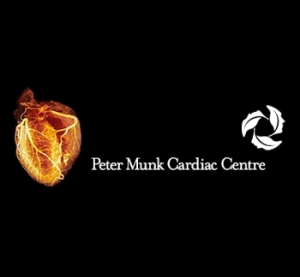by
Lynn Shapiro, Writer | March 25, 2009

Peter Munk Cardiac Center
Patients with heart rhythm disorders can look forward to better and faster diagnosis and treatment thanks to the latest generation of electrophysiology equipment used this week for the first time in North America at the Peter Munk Cardiac Center in Canada.
The new system, called the CARTO 3, currently under review by Health Canada, is a sophisticated electro-anatomic mapping system that records the heart's electrical activity. Just as global positioning systems (GPS) help drivers, this system allows physicians to locate where in the heart the abnormality is coming from.
Using a small needle puncture, a few catheters are inserted into the vein of the leg and passed up to the heart. The catheters are like antennas that record electrical waves in the heart, which are displayed on a screen and help electrophysiologists localize the source of the abnormal heart rhythm.




Ad Statistics
Times Displayed: 45324
Times Visited: 1411 Keep biomedical devices ready to go, so care teams can be ready to care for patients. GE HealthCare’s ReadySee™ helps overcome frustrations due to lack of network and device visibility, manual troubleshooting, and downtime.
"Visualizing the catheters in the heart with CARTO 3 is a tremendous advancement that will be particularly helpful in treating patients with atrial fibrillation," says Dr. Vijay Chauhan, Director of Interventional Electrophysiology at the Peter Munk Cardiac Center. "Once we know where the abnormal rhythm is coming from, we carefully burn the area which can range in size from a few millimeters to a few centimeters."
The Electrophysiology team is treating patients with this new technology with special access approval from Health Canada.
Atrial fibrillation and flutter--irregular, rapid heartbeats caused by electrical disturbances in the upper chambers of the heart muscle--are the most common arrhythmias in the world and affect about 8 percent of the elderly. The Peter Munk Cardiac Center specializes in the treatment of patients with various heart rhythm disorders. The center has recently begun treating patients with skipping heart beats who don't respond to medication.

